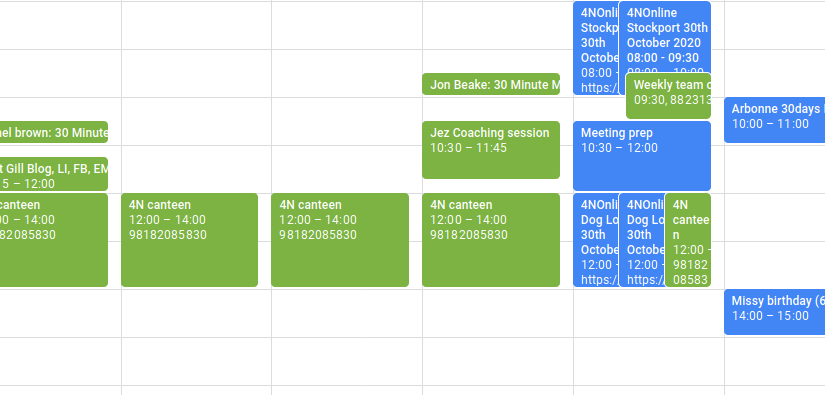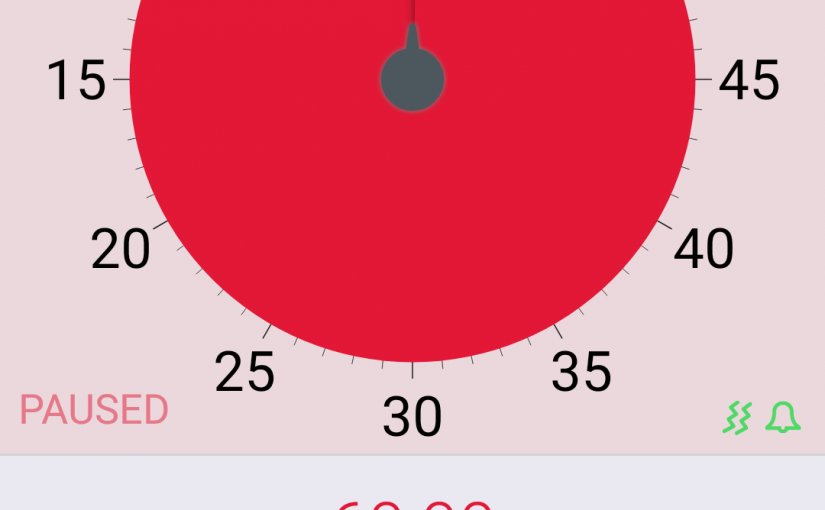Albert Einstein is famously quoted as saying, “If a cluttered desk is a sign of a cluttered mind, of what, then, is an empty desk a sign?”
and there’s certainly evidence to support a theory that a messy desk belongs to someone with a streak of creativity, thinking outside of the box ideas, an entrepreneur or inventor, perhaps even someone with a touch of genius.

But if your messy desk is causing you stress or overwhelm, don’t panic! I can help. I won’t be able to tidy your desk for you, but I will empower you with real strategies to tackle the mess, to become more organised and show you how to restore order to chaos. I do this through Focus Guru Power Hours, where you’ll learn key skills to apply in your business and at home and achieve your goals.
“Rachael has great ideas and a fantastic system for getting yourself organised. Certainly worth a conversation to explore options.” – Sharon Broer
How Desks Get Messy
For some people, the flat surface of a desk becomes a magnet for clutter. It can only take a few minutes for a coffee cup, unopened post, receipts hastily scooped out of a wallet, a phone charger, loose papers and a multitude of other items start balancing one on top of the other. There comes a point when you don’t know if your desk is black or white or made of wood or metal, because it has vanished out of sight! Was there a mouse and keyboard somewhere under the clutter?
Possible Consequences
Loss of time is almost certainly a possible consequence. How long does it take you to find your car key, a client’s phone number, or the agenda for your next meeting? Not keeping on top of your paperwork can lead to losing client enquiries, failing to attend meetings and missing important deadlines. But it can also lead to feelings of anxiety, stress and depression. You may find you experience a tension headache, or backache. A messy desk also attracts dust, dirt and mould.
How To Change
In my Focus Guru Power Hours I will help identify the messy triggers in your life. Without fail, there is always a reason why you don’t file your receipts, or you have random phone numbers written on post-its. I can teach you systems and processes to manage clutter so that it doesn’t build up unmanageably. I will recommend strategies to make sure you don’t run out of time or energy to keep on top of things. The key skills are “Organisation” and “Accountability” and in your Focus Guru Power Hour you’ll learn exactly how to put these in place.
Why It Matters
Decluttering is proven to make us feel good. It’s satisfying to feel on top of clutter and mess. This doesn’t mean you can’t still have a coffee cup on your desk, or that you have to move every piece of paper into a filing system (or the bin). It’s about creating a positive working environment to enable you to sit at your desk, knowing what needs to be done, by when, and freeing up your time to pursue your goals.
Your Next Step To Achieving A Tidy Desk
I’ve mentioned Focus Guru Power Hours where in sixty minutes we’ll chat and I’ll guide you through proven strategies to improve your organisation and accountability skills. You’ll find the benefits reach far beyond whether your desk is tidy or cluttered. These are strong habits you’ll be forming to help you achieve more in your work and personal life.
Those goals you thought were out of reach will become achievable and the best part is you don’t need to leave your desk to participate! I offer a free 15 minute consultation to establish where you would like to start and give you a choice of Focus Guru Power Hours to help solve your most pressing problems.
To book your free 15 minute consultation, please contact me on 07756 772950 and let’s get started.
Rachael Chiverton, Focus Guru – Giving You Your Time, Your Way
www.getfocus.guru












